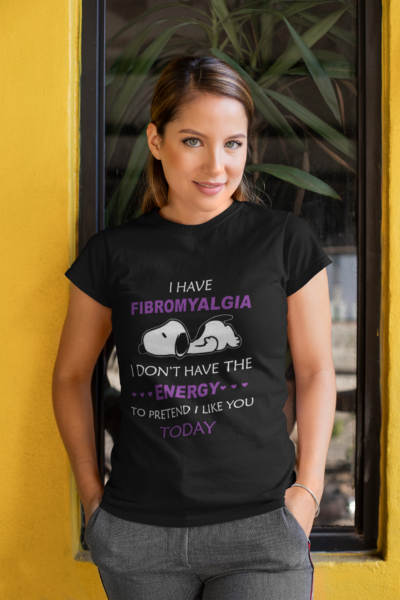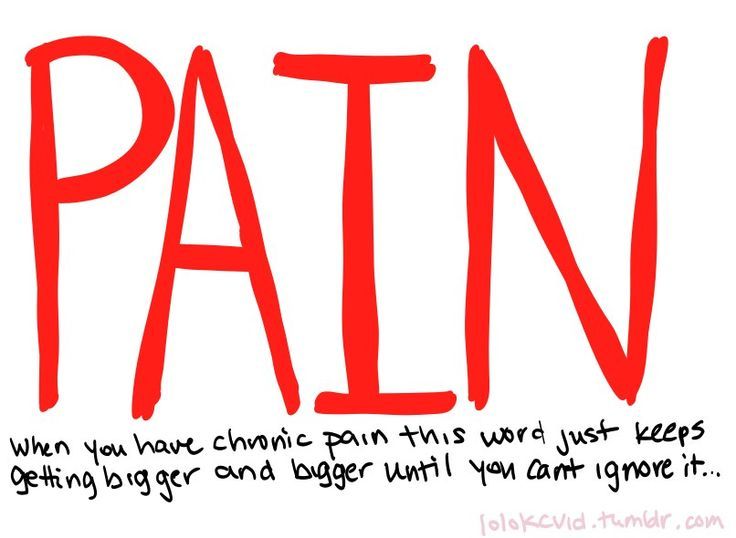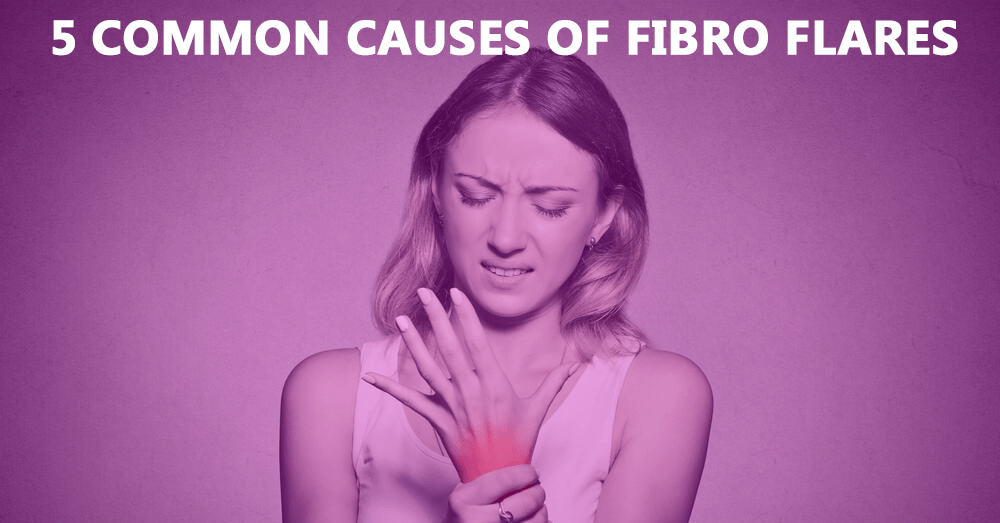Patients report that cannabis puts arthritis into remission, so the Arthritis Society funds the research to find out if it’s true.
There’s good news for the 54 million people who suffer from arthritis: A study commissioned by The Arthritis Society is investigating avenues toward developing breakthrough therapies using medical cannabis.
Canadian researcher, Dr. Jason McDougall, received a Strategic Operating Grant from the organization to complete a three-year study on the ability of cannabis to effectively repair arthritic joints. McDougall is a professor of pharmacology and anesthesia at Dalhousie University in Halifax, Nova Scotia, and one of the world’s foremost pain researchers.
The study aims to discover if cannabis-based medicine does more than simply dulls pain for arthritis suffers—what if it can actually reverse the damage? It’s the first research funded by the organization to look directly into therapies derived from medical cannabis.
“People living with arthritis pain are looking for alternatives to improve their quality of life,” said Janet Yale, president and CEO of The Arthritis Society. “We need research to help answer the many important questions around medical cannabis and its use. Our goal is to give Canadians the ability to make informed choices about their treatment options and to give physicians evidence-based guidelines to make treatment recommendations for their patients. This project is an important step to achieving these goals.”
The research builds on previous work from Chinese scientists who found that not only do arthritic joints contain extremely high concentrations of CB2
What is a CB2 receptor? In layman’s terms, CB2 is a molecule in the cell wall that acts as a doorway for cannabinoids to enter the cell. It’s the cell’s way of flagging down helpful particles that circulate past it during the day-to-day functioning of the body.
While the body produces its own endocannabinoids that can attach and work on a cell through CB2 receptors, cannabis-based medicine also has the ability to walk through the same door. Researchers believe this may be the reason why cannabis is effective in treating disorders like rheumatoid arthritis.
Click Here to Visit the Store and find Much More….
The thinking goes like this: If cannabis-based medicine can use CB2 receptors to move inside of cells and directly affect the firing of pain signals in the joints, can the medicine also repair joint damage while it’s there?
There are plenty of reasons to think so.
A study in the journal Philosophical Transactions of the Royal Society B found that the body’s endocannabinoid system releases antioxidants that help repair damaged cells when it becomes triggered by outside cannabinoids.
And anecdotal evidence, such as the story of a Maine woman whose use of cannabis smoothies led to so much relief that her rheumatoid arthritis symptoms went into remission, provide further thought-provoking justifications to delve deeper into the treatment possibilities of cannabis.
What’s more: businesses are jumping on the bandwagon. Canadian medical cannabis companies Aphria, Inc. and the Peace Naturals Project have each pledged $100,000 to the Arthritis Society in order to help foot the bill for Dr. McDougall’s research. When the market is bullish on new research, it’s a good sign for sufferers.
The reality is that cannabinoid receptors play a crucial role in the regulating the body’s immune system. What’s not clear is exactly how they operate. From a strictly biological perspective, auto-immune disorders like rheumatoid arthritis, and chronic disorders like osteoarthritis don’t make much sense. Why would the body attack itself or be unable repair such crucial functions, like joint dexterity? The discovery of cannabinoid receptors at inflammatory sites may provide an answer.
Thanks to a litany of previous works in this arena, McDougall’s team already knows that cannabis-based medicines act directly on CB2 sites and suppress inflammation and pain by mediating immune responses at the sites of inflammation. This suggests that the body’s reaching out for molecules to help it reconstruct its vital elements.
The next step will be to see if changes to the medicine create different responses in the body. If researchers can discovery new ways in which cannabinoid receptors take up or use medicines, it could open a window of treatment possibilities. So much of our current knowledge is in the theoretical sphere, with most doctors and patients simply thankful for effective pain treatment—whether it’s understood or not is a secondary concern.
However, as our knowledge of the body’s endocannabinoid system grows, and we look further into the means by which cannabis-based medicines reduce inflammation and affect nerves, we’re likely to discover novel ways of treatment—and possible ways to reverse the long-lasting joint damage of arthritis. While McDougall’s research has yet to be completed, the results are expected soon.
Available Products:

Purity Hemp Naturals Pain Relief Patches 
Soothing Greens Hemp Bath Bombs 
1000mg Hemp Oil for Pain 
Pain Relief Hemp Extract Salve
[mailpoet_form id=”2″]



Are there specific strains and by what delivery system does Cannabis help? I have severe osteoarthritis in both hips and the lower back. I am in an illegal state, but utilize mostly flower and some edibles. They help immensely, but I’m scheduled for a hip replacement. There are several different types of arthritis and I would be interested in the studies done on osteo.
CHONDROCALCINOSIS.
I have this ‘orphan’ condition for which there is no effective treatment. I grow and make my own cannabis salves and tinctures. Hope they look into this as an option. Would love to be in a controlled study.
Patrick Monk.RN. Home Visit Hospice Case Manager. SF. Ca. (retired)
That is great news.I’v been fighting R/A for 20 years now.And Utah just voted for medical cannabis.
So as with many articles and two types if cannibis plants i find that not differentiating between the hemp plant thst us CBD non psychotic and the marijuana plant that us adductive caysibg psychosis…when most diseases are being treated by CBD hemp is detrimental, confusing to the public as well as unethical in a society that promotes the addictive substance to gain financially while not differentiating and tellibg prople CBD treats diabetes, arthritis, Parkinsons,Seizures….Not marijuana. Do not perpetuate dependency. Theur are full spectrum CBD products that are 100 percent THC free potent anf organic.
Need Osteo arthuritus help. PLEASE hurry with your study And LET us KNOW Asap!
I have been suffering from arthritis in my back and knees for sometime now. Ive taken all the different pain pills and git hooked on the things! I smoke thc extracts and I have a guy who makes cookies and brownies with thc in them and those help immensely! I live in Michigan where its legal now but even before it was I was using marijuana because it is the ONLY thing that helps. Im glad that scientist are finally starting to see the benefits of good ole Mary Jane.
Where can I buy CBD oil or capsules
I have been diagnosed with chronic osteoarthritis, Rheumatoid Arthritis and Fibromyalgia. I also have degenerative disc disease and had lower back surgery (double fusion) that left me with nerve pain in my legs. I have been thru pain management where I received injections, pain meds, etc. The injections did not work and after 6 years of pain medications I took myself off of them. For over a year I have used CBD oils & flower and it seems to work. Although I still have bad days I am not living in a fog due to pain meds. This research is wonderful and can’t wait until results are in!!
Eagles Syndrome Fibro ME/CFS/EDS